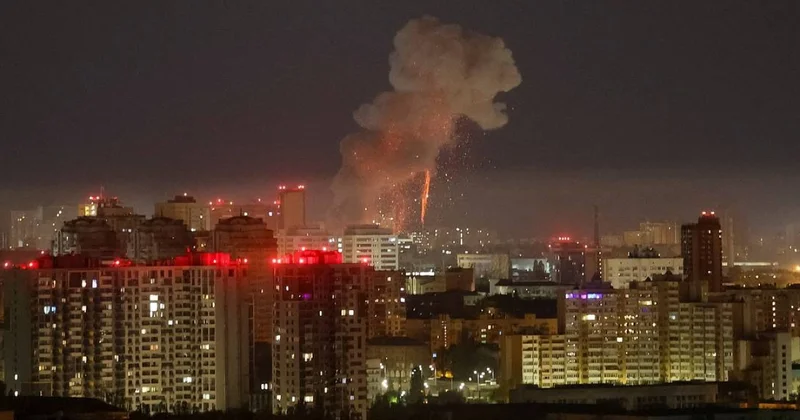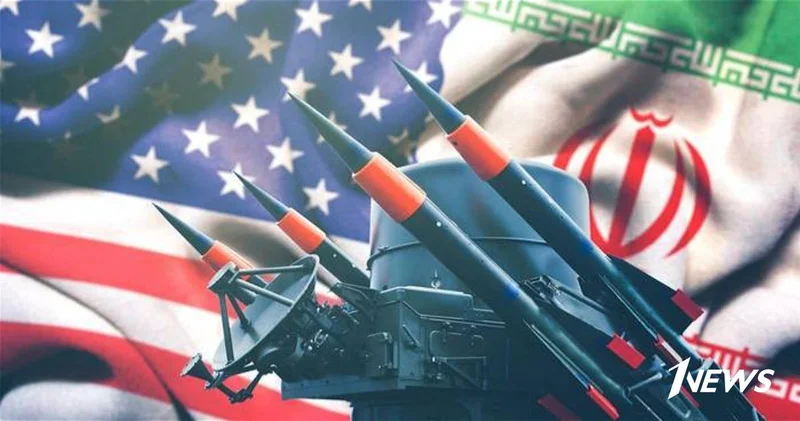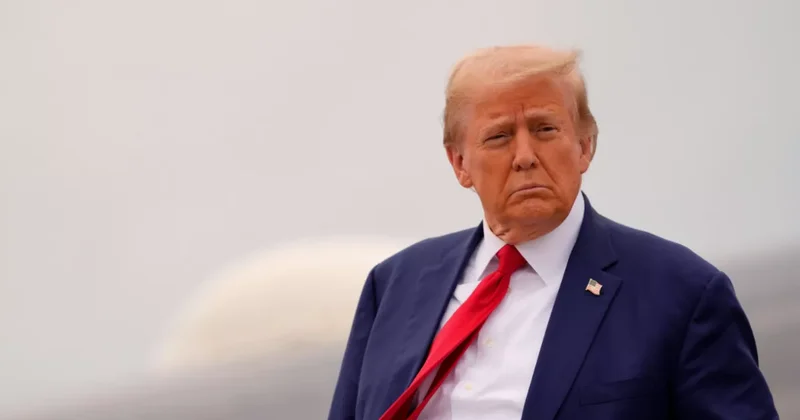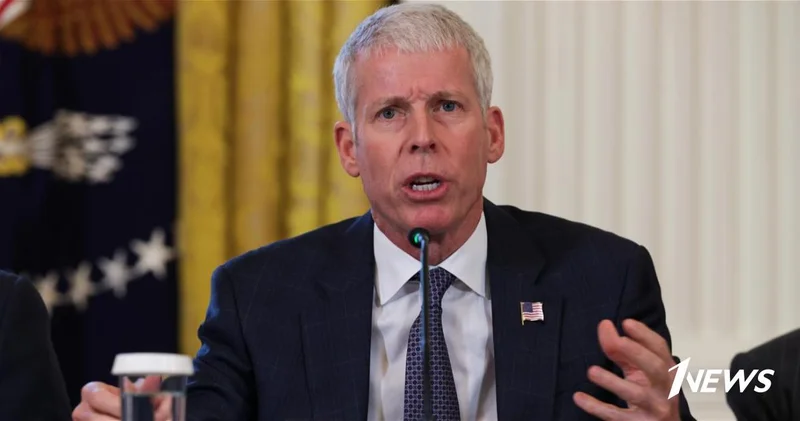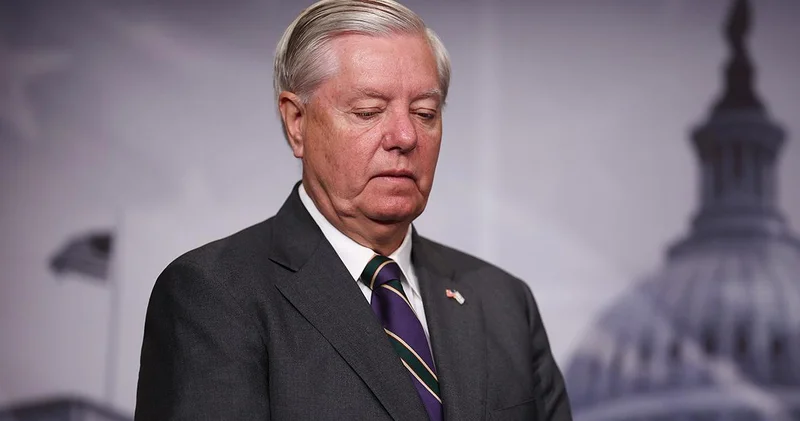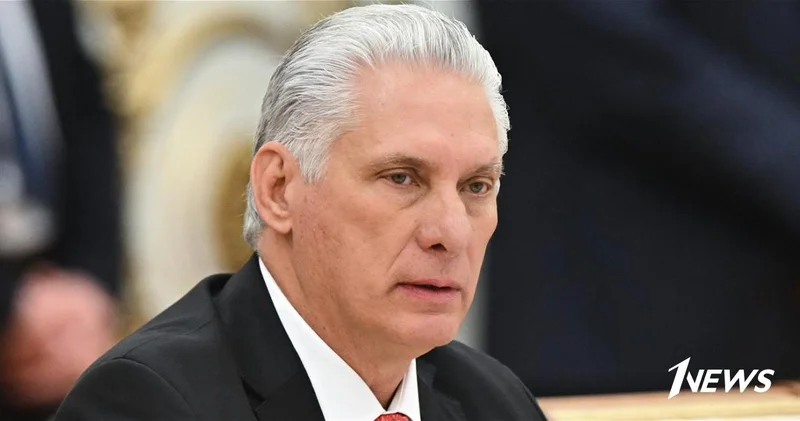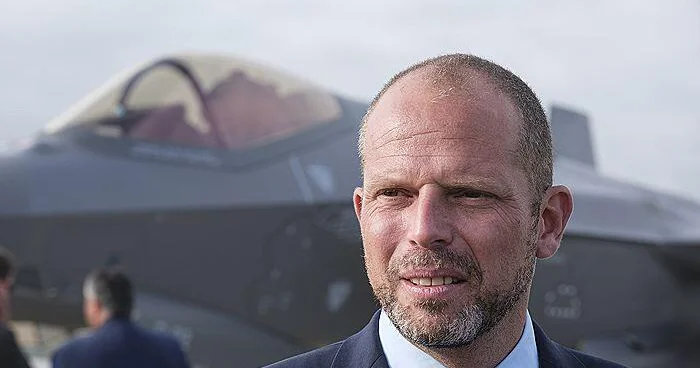New priority in Ashgabat’s policy: strengthening ties with Africa
Как передает Icma.az, основываясь на информации сайта Trend.az.
BAKU, Azerbaijan, July 12. Turkmenistan has intensified its diplomatic activity across Africa in recent weeks, making a strategic play to broaden its foreign policy focus toward the Global South. Against a backdrop of increasing global competition for influence on the continent, Ashgabat is throwing its hat in the ring, keen on building practical partnerships where the focus is on energy, petrochemicals, and agriculture—fields where Turkmenistan has already laid a solid foundation for exports.
In June–July 2025, official engagements were held with Nigeria, Eswatini, Lesotho, and Burkina Faso. The series of meetings indicates a shift from symbolic gestures to a more strategic exploration of partnerships outside Ashgabat’s traditional Eurasian sphere.
Commenting to Trend, Dr. Alex Vines, Director of the Africa Programme at Chatham House, noted that Turkmenistan’s approach is timely and aligned with broader trends.
“Ashgabat can also benefit from diversifying its political and economic relations beyond traditional partners—Africa, other countries, offers opportunities in this respect,” he said.
This strategic diplomatic engagement is occurring concurrently
with African nations endeavoring to expand their global
partnerships. In this framework, Turkmenistan—a sovereign entity
characterized by its neutrality and constrained multilateral
engagement—could potentially position itself as a viable,
non-aligned economic collaborator.
Turkmenistan’s industrial output strategically aligns with the
exigencies of African nations that depend on the importation of
energy resources, chemical precursors, and agrochemical inputs to
bolster their developmental trajectories.
“African countries are looking to diversify their economic partnerships, and Turkmenistan would fit into the pattern. Energy, petrochemicals, and fertilizer products for non-energy producers are important,” Vines told Trend.
In the fiscal year 2024, Turkmenistan achieved a remarkable
export volume exceeding 1.122 million metric tons of nitrogenous
fertilizers, predominantly targeting markets in the Asian and
Eastern European regions. Industry specialists posit that African
markets—particularly those that are landlocked and exhibit
burgeoning agricultural sectors—could represent a strategic
progression for these export initiatives.
In a similar vein, petrochemical derivatives emanating from
installations such as the Kiyanly polymer facility, presently
catering to Türkiye, China, and the CIS, may identify novel
clientele in the West and East African markets, where there is an
escalating demand for construction substrates and polymeric
materials. Nonetheless, industry experts advocate for a pragmatic
methodology.
“Turkmenistan cannot compete head-on with more established players across the continent—it should be selective and establish where it can have a comparative advantage,” Vines said.
China presently accounts for more than a quarter of infrastructure financing in Africa, while Türkiye and Gulf states have embedded networks of trade offices, diplomatic missions, and investment funds. Turkmenistan, in contrast, may be better suited to focused bilateral efforts rather than continental-scale campaigns.
Prospective market segments encompass the exportation of modular
energy systems, agrochemical products, and collaborative vocational
education frameworks—domains characterized by minimal political
volatility yet persistent demand dynamics.
This initiative further bolsters Ashgabat's strategic objective of
enhancing diplomatic pluralism. As a nation characterized by its
enduring neutrality paradigm, Turkmenistan possesses the potential
to amplify its global footprint by strategically engaging with
Global South entities—especially those wielding significant voting
leverage within the UN framework and exhibiting burgeoning clout in
multilateral arenas.
Roughly a dozen bilateral meetings with African states have taken place so far in 2025. While mostly protocol-level, they signal a willingness to build institutional foundations for longer-term cooperation.
This corresponds with a comprehensive recalibration in
international relations, where nascent economies are actively
engaging in adaptive, non-aligned coalitions across sectors such as
energy, logistics, and digital infrastructure.
While Turkmenistan's foray into the African continent is still in
its nascent stage, the temporal context is deemed propitious.
If Ashgabat can turn diplomatic gestures into solid trade missions, focused investment projects, and tailored agreements—especially in fertilizers, energy logistics, and technical services—it might carve out a small but lasting niche in African markets.
In a multipolar world, where African and Central Asian nations are reassessing their ties, Turkmenistan's prudent yet intentional engagement may develop into a significant component of its foreign and economic policy.
 Другие новости на эту тему:
Другие новости на эту тему: Просмотров:177
Просмотров:177 Эта новость заархивирована с источника 12 Июля 2025 12:01
Эта новость заархивирована с источника 12 Июля 2025 12:01 



 Войти
Войти
 Online Xəbərlər
Online Xəbərlər Новости
Новости Погода
Погода Магнитные бури
Магнитные бури Время намаза
Время намаза Калькулятор колорий
Калькулятор колорий Драгоценные металлы
Драгоценные металлы Конвертор валют
Конвертор валют Кредитный калькулятор
Кредитный калькулятор Курс криптовалют
Курс криптовалют Гороскоп
Гороскоп Вопрос - Ответ
Вопрос - Ответ Проверьте скорость интернета
Проверьте скорость интернета Радио Азербайджана
Радио Азербайджана Азербайджанское телевидение
Азербайджанское телевидение О нас
О нас



 TDSMedia © 2026 Все права защищены
TDSMedia © 2026 Все права защищены








 Самые читаемые
Самые читаемые
